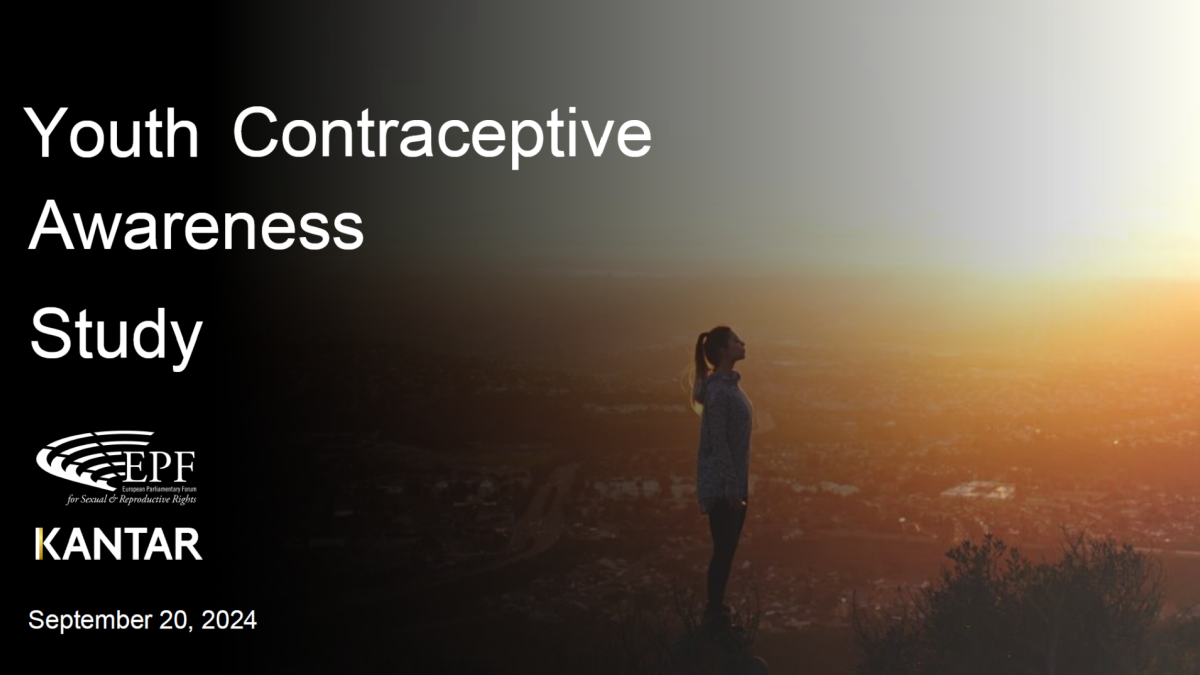
What do young people know about contraception? European Youth face particular challenges when it comes to contraception – institutionally, culturally, and when it comes to accessibility. Policies vary across the continent, leading to different interactions in different countries. In order to understand how to prioritise policy interventions and other actions, EPF is looking to understand the relationship between policy and perceptions/awareness of youth, as well as broad learnings across the European region and Canada.
The Youth Contraceptive Awareness Study investigates contraceptive awareness, usage, and associated barriers among youth aged 18–30 across 15 countries. Using a quantitative survey of 4,201 participants, the research explores perceptions, sources of information, and the role of healthcare providers (HCPs) in shaping contraceptive choices.
Key Highlights:
- Findings reveal widespread awareness of condoms and birth control pills but limited understanding and usage of Long-Acting Reversible Contraceptives (LARCs) like IUDs, implants, and injections.
- Knowledge gaps and misconceptions persist as significant barriers, especially in countries with less comprehensive sexual education and restrictive cultural norms.
- The internet and HCPs emerge as critical sources of contraceptive information, with the latter exerting substantial influence on method selection. However, limited discussions by HCPs on effective methods contribute to lower adoption of LARCs.
- The study highlights the need for targeted policy interventions to address these gaps, improve accessibility, and enhance youth-centric contraceptive education globally.